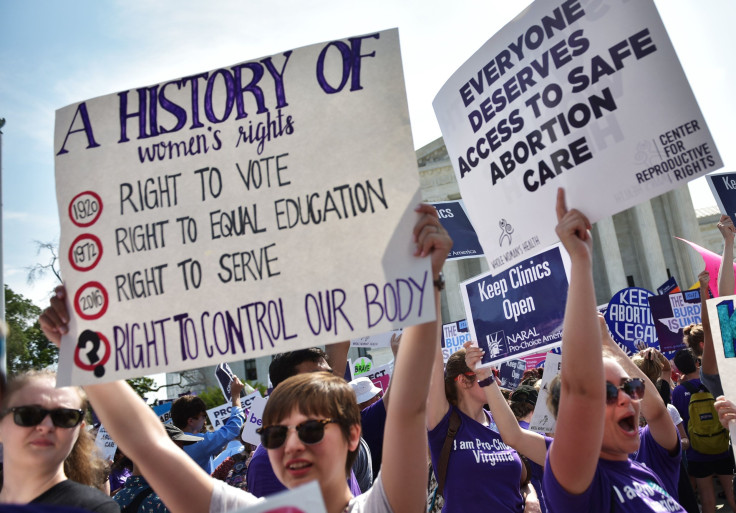Abortion, Climate Change, Gun Bans Top Issues For Iowa Voters, CNN Reports

A woman’s right to abortion, addressing climate change, and restoring bans on assault-style weapons are key issues Democratic candidates must support, if they want to win over a majority of likely Iowa caucus participants, a CNN/Des Moines Register/Mediacom poll has determined.
Other top issues for half of those planning to participate in the February 3, 2020 caucuses are a single-payer, Medicare-for-all health plan, free tuition at public colleges and restoring felon voting rights. The survey showed no significant differences in position between those who plan to attend the caucus in-person, or virtually.
NEW POLL: Iowa Democrats focusing on abortion, climate change and guns https://t.co/xeUOgJT8Qw pic.twitter.com/UrmqFh01vn
— The Hill (@thehill) June 10, 2019
The survey, conducted by Des Moines-based Selzer & Co. June 2-5, polled 600 likely caucus participants, and represents the first time Iowans will be allowed to participate in a virtual caucus online or over the phone under new rules proposed this year by the Iowa Democratic Party. Results from the virtual caucuses will account for 10% of the final delegates regardless how many people participate.
Abortion rights was the top issue, with eight out of 10 calling it a must-have. Recognition that climate change is the greatest threat to humanity was a close second at 75%, and a renewed ban on assault-style weapons was a must-have for 60% of respondents.
Liberal Democrats were more likely to call all nine issues tested “must-haves” than moderates. A single-payer healthcare plan showed the widest variance in issues among the two groups, with 60% of liberals calling it a must-have to 39% of moderates. Age also influenced the importance of a Medicare-for-all plan, with those under age 35 about 20 points more likely to prioritize it than other groups.
Abortion rights also showed a 20% difference between liberals, at 90%, and moderates, at 70%, and was a must-have issue for 85% of women respondents compared to 72% of men.
In a new Iowa poll where Biden is the frontrunner, only 29% of Biden backers who will caucus in person are extremely enthusiastic. That number is 39% for people backing other candidates. “That’s a warning sign for the vice president,” says @JohnKingCNN. https://t.co/9dFI9KUGfS pic.twitter.com/VRRY2SqRXc
— CNN Newsroom (@CNNnewsroom) June 10, 2019
The poll also found among a list of possible advantages to mounting a successful campaign for the White House that only one, having experience in Washington, drew a majority from both would-be in-person and virtual participants. Likely participants were divided on whether gender was an advantage or disadvantage, and also seemed to think coming from a place that historically voted democratic and being white were assets.
About 60% of likely caucus attendees said being gay made no difference in a candidate’s ability to successfully square off with Trump in the general election, while 25% saw it as a disadvantage and 4% believed it could be an advantage. Among likely virtual participants, 12% saw being gay as an advantage.
The poll included 433 who said they plan to participate in-person and 167 said they planned to participate virtually. Participants were reached on personal cell phones and landlines by a live interviewer. The results have a margin of error of plus or minus 4%.
© Copyright IBTimes 2025. All rights reserved.




















